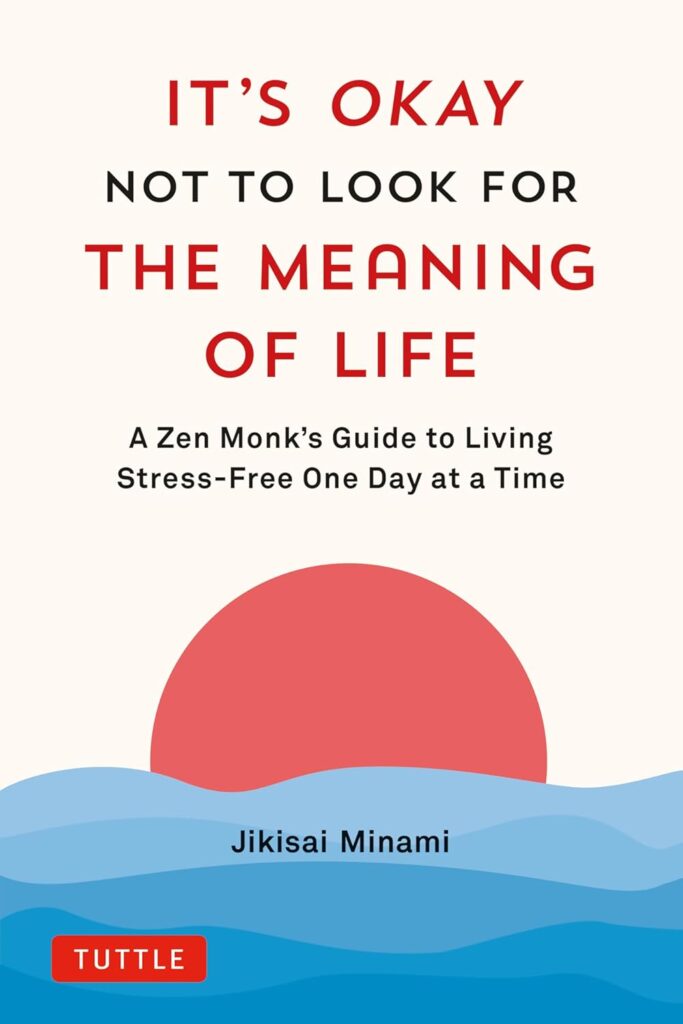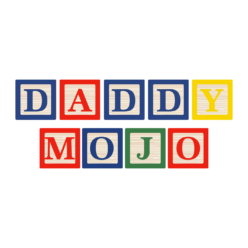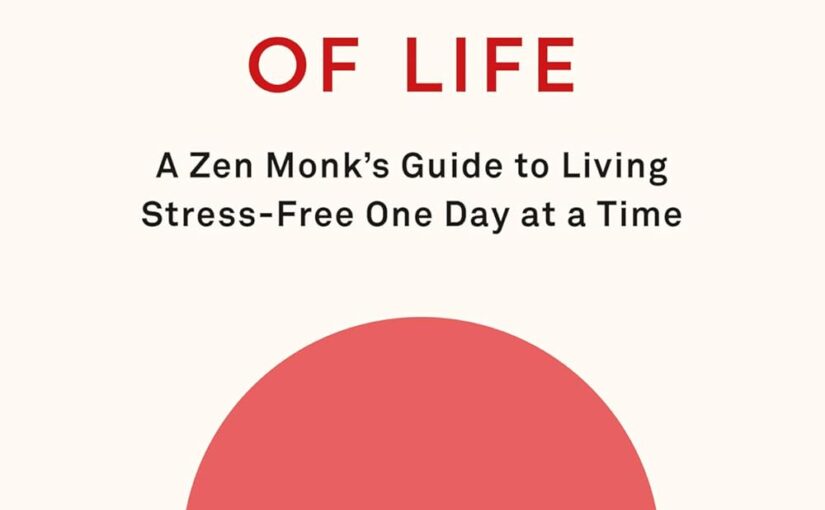So, you’re telling me it’s not a problem if I wander without direction or purpose through life? No, that is not what the book, nor I, are saying that’s what you should do or how you should act. It’s Okay Not to Look for the Meaning of Life: A Zen Monk’s Guide to Living Stress-Free One Day at a Time sounds like it could be an alternate title to a Korean drama or a positive affirmation statement you’d see in a middle school. However, in the latter situation, those students might’ve taken it as a carte blanche to do even less than their doing now. This is not a Spicoli get-out-of-jail-free card, it’s simply a book that encourages you to take a step back and think.

Things are always better when you think about them for a moment before reacting or saying something. This is especially true when it’s happening during an emotional time, involves something important, trivial matters, or uneventful things that will fall by the wayside with ease. Essentially, that’s everything and every situation, if people just reflect on the situation for a moment before saying or doing something it always makes it better.
At its most pessimistic, It’s Okay Not to Look for The Meaning of Life is a half-glass full of platitudes. There is no answer to life’s issues other than to solve them yourself and stop whining about them. You may or may not agree with that statement, but even if you do, an example of said situation would help you accept your inability to do anything, am I right?
To an extent, that’s the lens that the book examines things through. Author Jikisai Minami is a Buddhist monk, but this is not a book about Buddhism. He’s been a monk for over 20 years and is the acting chief priest of Osorezan in Aomori Prefecture. Minami’s short biography does make it sound like it’s a primer on Buddhism. However, here are some sample chapter titles that mix in a little wisdom, by the way of Spock, but could easily be transposed to common sense thinking.
99 percent of information is not necessary. It doesn’t matter if your emotions fluctuate. When anger fills your head, do routine tasks. It’s absurd to worry more about the afterlife than this life. I want, I want I want indicates strong insecurities. The book has about three dozen sub-chapters with titles in that vein that follow likeminded statements.
In each chapter, after the title is listed, three simple sentences briefly explain what the short essay will be about. No place or relationship is absolute, or when you realize that there are different perspectives than yours the scenery in front of you will change completely are just two statements that clear the path for each story.
Each vignette in the book is four pages at the longest with some of them being just a page and a half. The stories don’t have a unifying plot, but instead are parables from Minami’s time at the Reisenki Temple, general lessons from a life well lived or uncomfortable truths that you might be reluctant to accept.
A second-tier acquaintance of mine many decades ago was studying tombstone etchings in college. They were majoring in that and while they were a very pleasant person. I always wondered how they would make money in the future and regret not directly asking them that when I knew them. It’s not like the tombstone industry is cranking out daily job vacancies or your local decrepit graveyard is looking for a researcher, are they? In high school today I see many seniors listlessly meandering towards what they feel like they should do, as opposed to what they need to do. The difference between the two is one that will motivate students and confound their parents and teachers for generations to come.
It’s Okay Not to Look for the Meaning of Life is soft, almost cotton ball advice that’s wrapped in a small, digestible wrapper with a sense of peace and non-judgmental wisdom. Because each story is so short it’s also not intimidating to read. The fact that the book’s main title is telling you that not doing something is fine is encouraging. I like to do nothing and this book is saying that it’s okay. Sign me up. The subtitle, A Zen Monk’s Guide to Living Stress-Free One Day at a Time, implies that life is a thing that needs to be taken in increments but can be done in a more chill fashion. I like to chill. Sign me up.
It’s disarming how approachable the book is. You may not be looking for a self-help book or one that will help you deal with a tough situation. You don’t need assistance or are going through something that would otherwise be classed as smooth sailing. All you want to do is read something fun that will put a grin on your face and allow your brain to not be on a screen. It’s Okay Not to Look for the Meaning of Life is also that book. It’s not as pessimistic as you think it is, not religious like you think it might be or a glaring mirror of guilt that’s meant to highlight your flaws. Just pick it up, read one paragraph from the book, and see if it’s the sort of thing that will put you at ease for one reason or the other and you’ll be pleasantly surprised.
It’s Okay Not to Look for the Meaning of Life: A Zen Monk’s Guide to Living Stress-Free One Day at a Time is by Jikisai Minami and available from Tuttle Publishing.
There are affiliate links in this post, because, zen.





 Facebook
Facebook Twitter
Twitter Flickr
Flickr GooglePlus
GooglePlus Youtube
Youtube